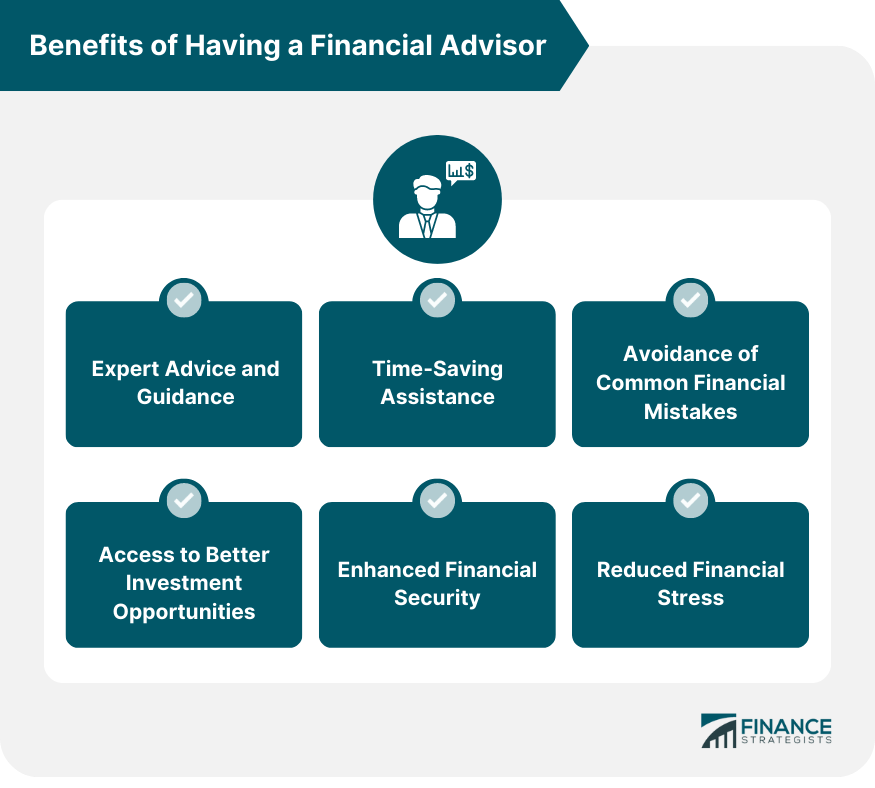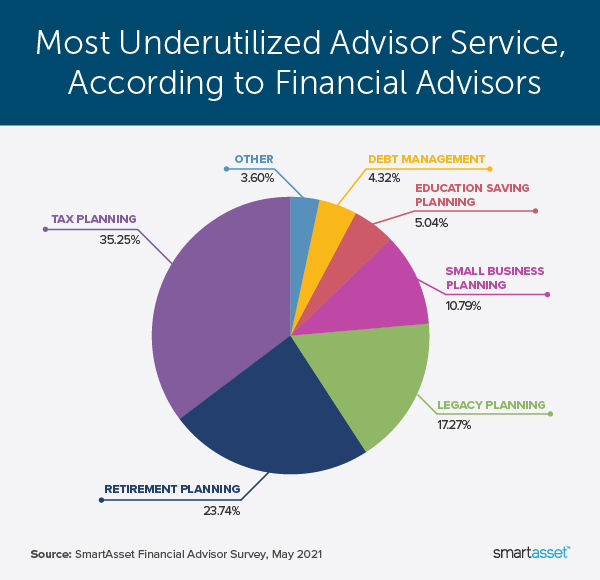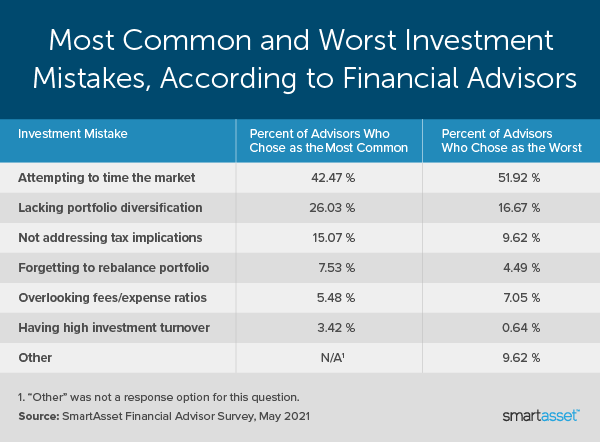The Benefits Of Using A Financial Advisor
Welcome! In your journey towards financial wellness, enlisting the expertise of a financial advisor can be a game-changer. In “The Benefits of Using a Financial Advisor,” you’ll discover how a seasoned professional can provide personalized strategies, help you navigate complex financial landscapes, and offer peace of mind by ensuring your financial goals are within reach. Whether you’re planning for retirement, investing for the future, or simply wanting to manage your finances more effectively, a financial advisor can make a significant difference in your financial life. Dive in to learn how their tailored guidance and expertise can transform your approach to financial planning.
Have you ever wondered if you could benefit from using a financial advisor? You’re not alone! Many people find themselves struggling to make sense of their financial situation and wondering if they’re making the right decisions. Understanding the intricacies of personal finance can be daunting, and that’s where a financial advisor comes in handy. In this article, we’ll delve into “The Benefits of Using a Financial Advisor” and provide you with a comprehensive overview to help you decide if hiring a professional could be the right step for you.

Why Consider a Financial Advisor?
Complexity of Financial Management
Managing finances isn’t as simple as monitoring your bank account and sticking to a budget. It involves investment strategies, tax planning, retirement savings, and much more. The complexity can make it stressful for anyone without a financial background. A financial advisor can help simplify these processes, making them more manageable and understandable.
Time Constraints
Life is busy with work, family, and other responsibilities. Allocating time to learn about different investment options or to stay updated with ever-changing financial laws can be overwhelming. A financial advisor ensures your finances are in good hands, leaving you more time for other important aspects of your life.
Emotion-Free Decision Making
Emotional decisions often lead to financial mistakes. A financial advisor provides an objective perspective, guiding you to make informed decisions based on facts and data instead of emotions.
Types of Financial Advisors
Knowing the kinds of financial advisors available can help you choose the most suitable one for your needs. Here are the main types:
| Type of Advisor | Description |
|---|---|
| Fee-Only Advisors | Charge a flat fee or hourly rate. They don’t earn commissions, ensuring no conflict of interest. |
| Commission-Based Advisors | Earn a commission by selling financial products or managing investments. They might recommend products that benefit them more than you. |
| Robo-Advisors | Automated platforms offering financial advice based on algorithms. They are cost-effective but less personalized. |
| Hybrid Advisors | Combine robo-advisors and human advisors for a balanced approach—offering both technology-driven and personal financial advice. |
Key Benefits of Hiring a Financial Advisor
Expert Knowledge
A financial advisor stays updated with the latest financial trends, laws, and strategies. Their expertise ensures that you’re not just following generic financial advice but personalized plans tailored to your unique situation.
Goal Setting and Planning
Whether it’s saving for college, buying a house, or planning for retirement, setting financial goals can be challenging. A financial advisor helps you define clear, achievable objectives and develops a roadmap to reach them.
Comprehensive Financial Planning
Financial advisors look at the bigger picture. They consider all aspects of your financial life, including savings, investments, and liabilities, and create an integrated plan to enhance your financial well-being.
Risk Management
Investing always comes with risks. Financial advisors help you understand these risks and develop a strategy to manage them, ensuring you are not exposed to undue financial threats.
Retirement Planning
Planning for retirement involves more than just saving. It requires understanding how much to save, where to invest, and how to withdraw funds efficiently. Financial advisors specialize in retirement planning, ensuring you can retire comfortably.
How to Choose the Right Financial Advisor
Selecting the right financial advisor requires careful consideration. Here’s a guide to help you make the right choice:
Determine Your Needs
Define what specific financial goals you need help with. This will narrow down the type of advisor best suited to your needs.
Check Credentials
Ensure the advisor has credible certifications like Certified Financial Planner (CFP), Chartered Financial Analyst (CFA), or Certified Public Accountant (CPA). These qualifications indicate a higher level of expertise.
Understand Fee Structures
Be clear on how the advisor charges for their services. Whether it’s a flat fee, hourly rate, or commission-based, ensure you understand the cost structure and any potential conflicts of interest.
Ask for References
Speak to current or past clients to get a sense of the advisor’s effectiveness and reliability.
Evaluate Communication
Your financial advisor should communicate clearly and be readily available to answer your concerns. They should make you feel comfortable and confident in their ability to manage your finances.

Frequently Asked Questions About Financial Advisors
Are Financial Advisors Worth the Cost?
Many people believe that taking on the expense of a financial advisor is worth it due to the potential for better investment returns, tax savings, and overall financial health.
Can Financial Advisors Guarantee Returns?
No advisor can guarantee a specific return on investments because the market is unpredictable. However, they can implement strategies to maximize your return while minimizing risk.
How Often Should You Meet With Your Financial Advisor?
It depends on your needs and circumstances. Generally, an annual review is adequate, but more frequent meetings may be necessary if your financial situation changes significantly.
What Should You Prepare Before Meeting a Financial Advisor?
Prepare your financial statements, tax returns, list of assets and liabilities, and a clear idea of your short-term and long-term financial goals.
Common Misconceptions About Financial Advisors
They Are Only for the Wealthy
While it’s true that many high-net-worth individuals use financial advisors, they aren’t exclusive to the wealthy. Advisors can assist anyone looking to improve their financial situation.
They Just Want to Sell Products
While some financial advisors may earn commissions from selling financial products, many operate on a fee-only basis and have your best interests at heart.
You Can Do It Yourself
Some people successfully manage their finances on their own. However, the expertise and comprehensive planning provided by a professional advisor can often result in better financial outcomes.

Conclusion
Deciding to use a financial advisor can be a pivotal step toward achieving your financial goals and securing your financial future. From simplifying complex financial tasks to providing expert advice, the benefits of using a financial advisor are substantial. Whether you’re looking to plan for retirement, invest wisely, or simply manage your finances more effectively, a financial advisor can provide the guidance you need.
Remember, the key to a fruitful relationship with your financial advisor lies in finding the right match for your needs and maintaining open and honest communication. Don’t hesitate to ask questions, seek references, and ensure that you feel comfortable and confident in their expertise.
If you’re still uncertain, consider starting with a consultation. Many advisors offer free initial meetings to discuss your needs and how they can help. It could be the first step toward a more secure and prosperous financial future.
Have any more questions or thoughts? Feel free to share them! Your financial well-being is essential, and taking the time to explore your options is always a wise move.
